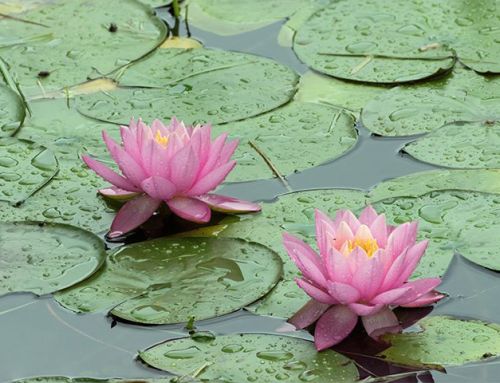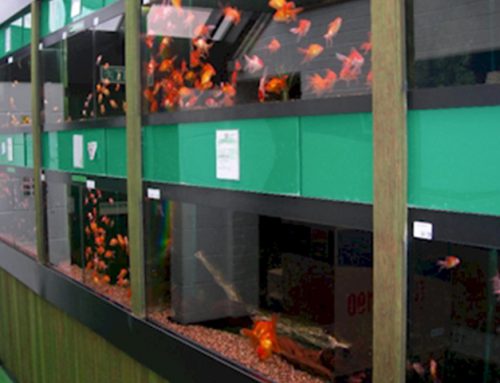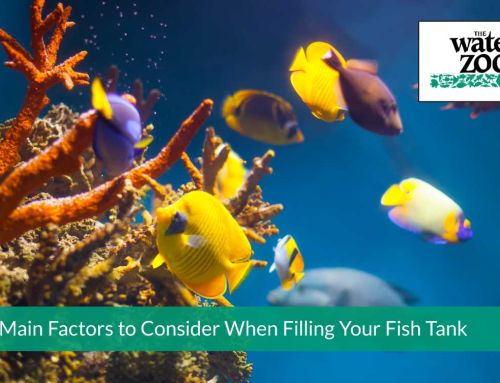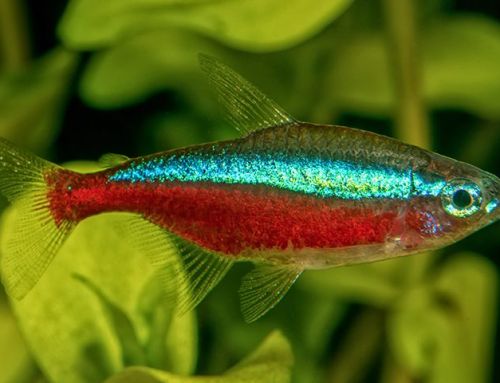Is It Challenging to Maintain a Saltwater Aquarium?
The popularity of the saltwater aquarium hobby is growing thanks to the development of high-quality equipment and accessories.
There has also been a greater understanding of marine organisms demands and how to meet them. This is why many freshwater hobbyists and complete beginners have begun to experiment with saltwater aquariums.
Learn the basics of starting a saltwater aquarium in the sections below!
Getting a Saltwater Aquarium Started
While the cost of a marine aquarium is higher than that of a freshwater aquarium, you may start with a simple fish-only setup and work your way up to invertebrates and live corals as your money and experience allow.
Saltwater might be more difficult to understand, but knowing a few extra facts about water chemistry is helpful when having a saltwater aquarium.
The core principles of aquarium care are the same for both fresh and saltwater aquariums. The secret to success is taking things carefully, reading as much as possible, and sticking to your budget.
There are numerous tactics and ways for achieving success, but not all of them work for everyone all the time. Find someone who has had success with saltwater aquariums and stick with them for advice until you have gained enough experience.
Purchasing Saltwater Aquarium Livestock and Supplies
Do your research before purchasing fish or other pets, and make sure you understand their requirements and compatibility. To avoid introducing disease organisms, quarantine all new livestock acquisitions before introducing them to your display tank.
Don’t scrimp on your equipment. Begin by purchasing the largest tank and the most expensive equipment you can afford. Although nano tanks are less expensive and take up less room, larger aquariums are more sturdy and forgiving of initial mistakes.
Quality equipment will operate as expected and last for a long period, which your fish will appreciate. Be sure you know what it can do and what it can’t do before you buy something.
Creating Salted Water
You’ll need a way to gather or make saltwater if you’re maintaining saltwater fish. If you live near a beach and want to collect water, be sure it’s been properly tested and that it’s legal in your area.
To avoid bringing in any dangerous or nuisance diseases from the wild, it is strongly suggested that you sanitise wild water for at least 24 hours with a UV steriliser.
You’ll have to produce your own seawater if you don’t have access to ready-made seawater. You can use tap or reverse osmosis water as a starting point. If you’re going to make saltwater from tap or well water, make sure it’s been tested first.
Use a dechlorinator chemical to neutralise chlorine or chloramine from tap water. Then, using reverse osmosis purified water is preferable for combining a salt solution.
You can employ a variety of salt blends, each of which is tailored to an all-fish saltwater aquarium or a fish-and-coral aquarium. Corals need more carbonate and phosphate to build their rocky homes; thus, these coral-specific salt mixes will be required.
It is recommended that you start with fish only when you first begin working with saltwater. Corals will want a more specialised tank as well as additional light, water flow, and saltwater requirements.
Conclusion
If you wish to keep corals or larger fish, it will be more difficult and time-consuming. Corals, predatory fish, and other more delicate creatures will have specialised requirements that will require more effort and skill.
Keeping a few fish in a small saltwater aquarium is fairly simple, so it will benefit you to start with that.
If you’re looking for a new fish tank and other aquarium supplies, you will find what you need at The Water Zoo. We provide tropical fish, marine fish, fish tanks, aquarium plants, and many more. Check out our shop today!




